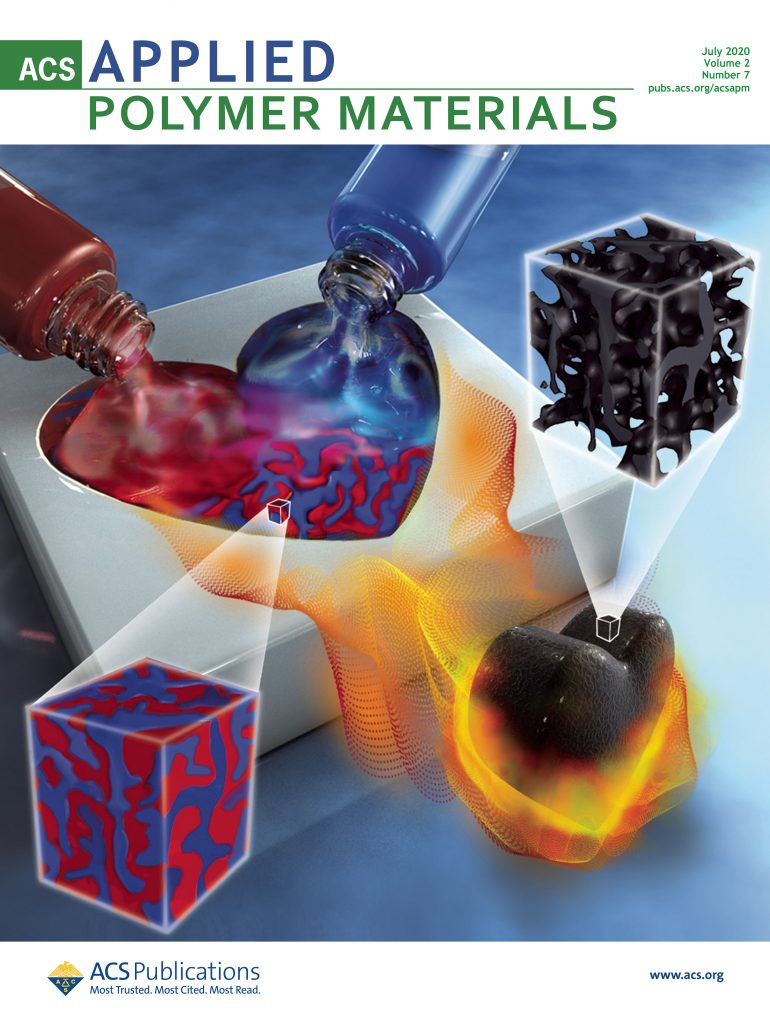SG-Audit:智能电网的高效稳健云审计方案
IF 4.4
2区 化学
Q2 MATERIALS SCIENCE, MULTIDISCIPLINARY
引用次数: 0
摘要
云审计允许用户利用数字签名证据进行远程数据验证,从而确定其存储在云中的数据的完整性。虽然针对云服务提出了许多云审计方案,但众所周知,在大规模智能电网(SG)上部署云审计方案在实践中具有挑战性,例如效率低下和缺乏鲁棒性。在本文中,我们提出了一种高效、稳健的 SG 云审计方案(以下简称 SG-审计)。具体来说,我们利用移动边缘计算(作为代理签名者)来卸载智能电表(SM)产生的签名计算负载,并设计了高效的代理签名者推荐策略,以确保每个 SM 都能获得高质量的服务;设计了可扩展的索引结构,以减少数据验证过程中的签名证据访问时间;设计了基于重复数据删除和抽样的挑战数据索引生成策略,以缩小验证范围。此外,我们还定义了 SG-Audit 支持的三种战略威胁场景,并进一步设计了安全云审计协议以提高鲁棒性。通过严格的数学分析和广泛的实验,我们证明 SG-Audit 与之前的工作相比提高了审核效率(平均提高约 42%)。本文章由计算机程序翻译,如有差异,请以英文原文为准。
SG-Audit: An Efficient and Robust Cloud Auditing Scheme for Smart Grid
Cloud auditing allows users to leverage digital signature evidences to undertake remote data verification and consequently determine the integrity of their data stored in the cloud. While there are many cloud auditing schemes proposed for cloud services, deployments on large scale smart grid (SG) are known to be challenging in practice, for example in terms of inefficiency and lack of robustness. In this article, we propose an efficient and robust cloud auditing scheme for SG (hereafter referred to as SG-Audit). Specifically, we utilize mobile edge computing (served as proxy signer) to offload the signature computation loads incurred by smart meters (SMs), as well as devising an efficient proxy signer recommendation strategy to ensure each SM obtains high quality service, a scalable index structure to reduce the signature evidence access time during data verification, and a deduplication and sampling based challenge data index generation strategy to narrow down the verification scope. Moreover, we also define three strategic threat scenarios supported by SG-Audit, and further devise a secure cloud auditing protocol to improve robustness. Through rigorous mathematical analysis and extensive experiments, we demonstrate that SG-Audit achieves increased auditing efficiency (by about 42% on average) in comparison to prior work.
求助全文
通过发布文献求助,成功后即可免费获取论文全文。
去求助
来源期刊

ACS Applied Polymer Materials
Multiple-
CiteScore
7.20
自引率
6.00%
发文量
810
期刊介绍:
ACS Applied Polymer Materials is an interdisciplinary journal publishing original research covering all aspects of engineering, chemistry, physics, and biology relevant to applications of polymers.
The journal is devoted to reports of new and original experimental and theoretical research of an applied nature that integrates fundamental knowledge in the areas of materials, engineering, physics, bioscience, polymer science and chemistry into important polymer applications. The journal is specifically interested in work that addresses relationships among structure, processing, morphology, chemistry, properties, and function as well as work that provide insights into mechanisms critical to the performance of the polymer for applications.
 求助内容:
求助内容: 应助结果提醒方式:
应助结果提醒方式:


